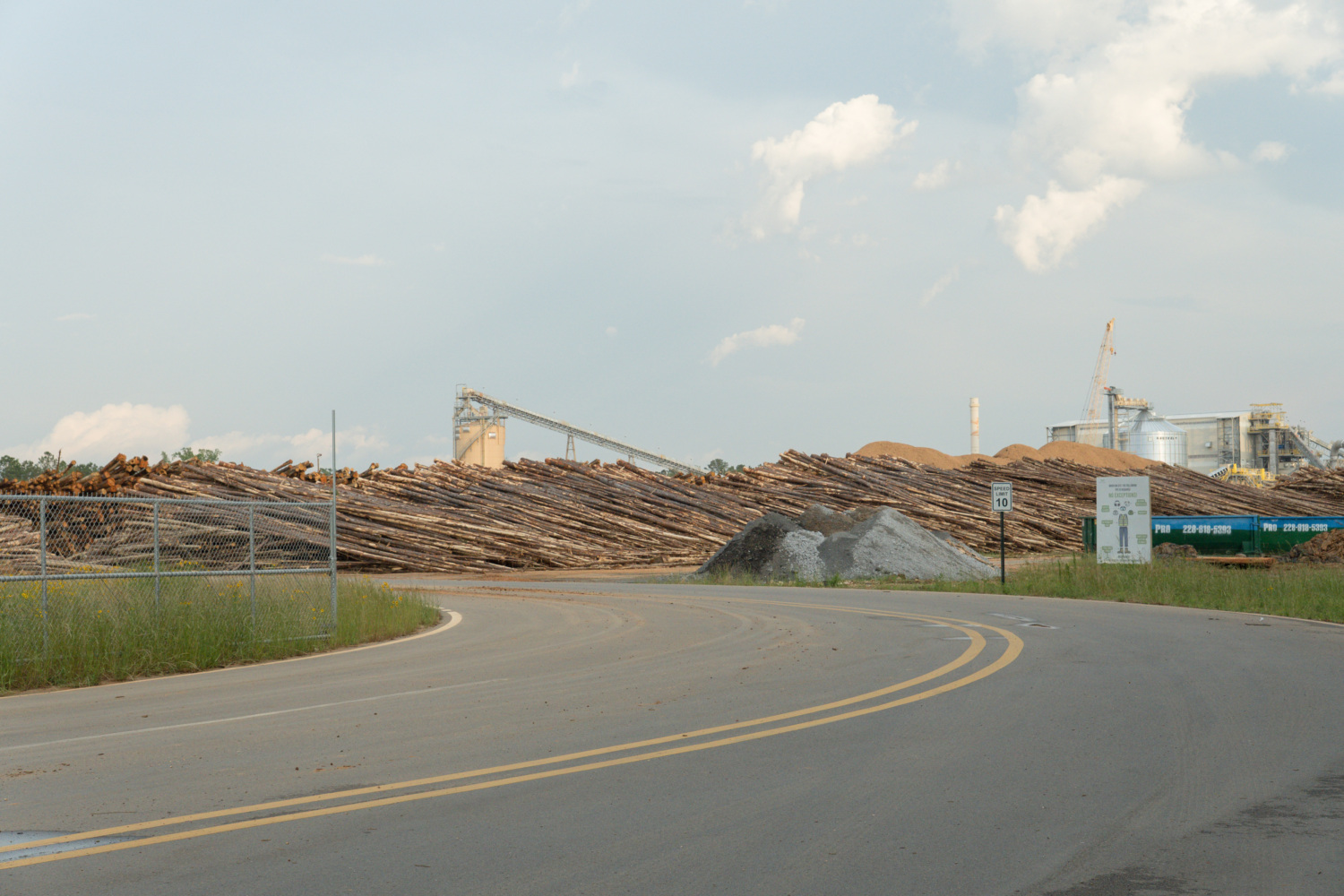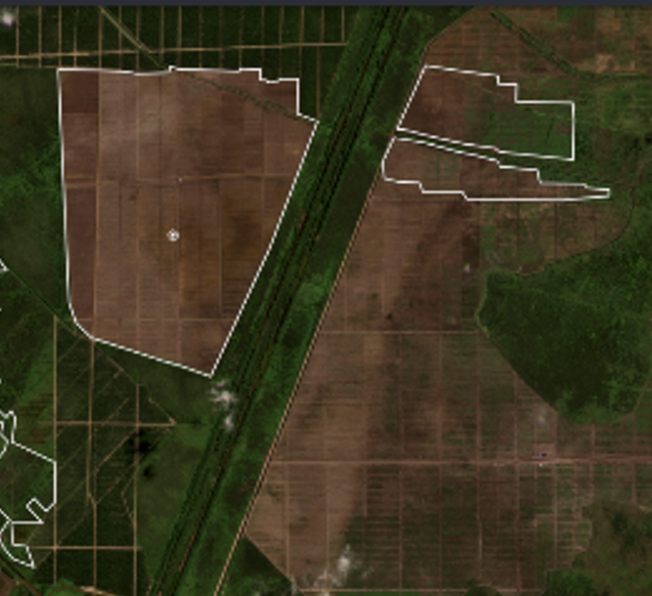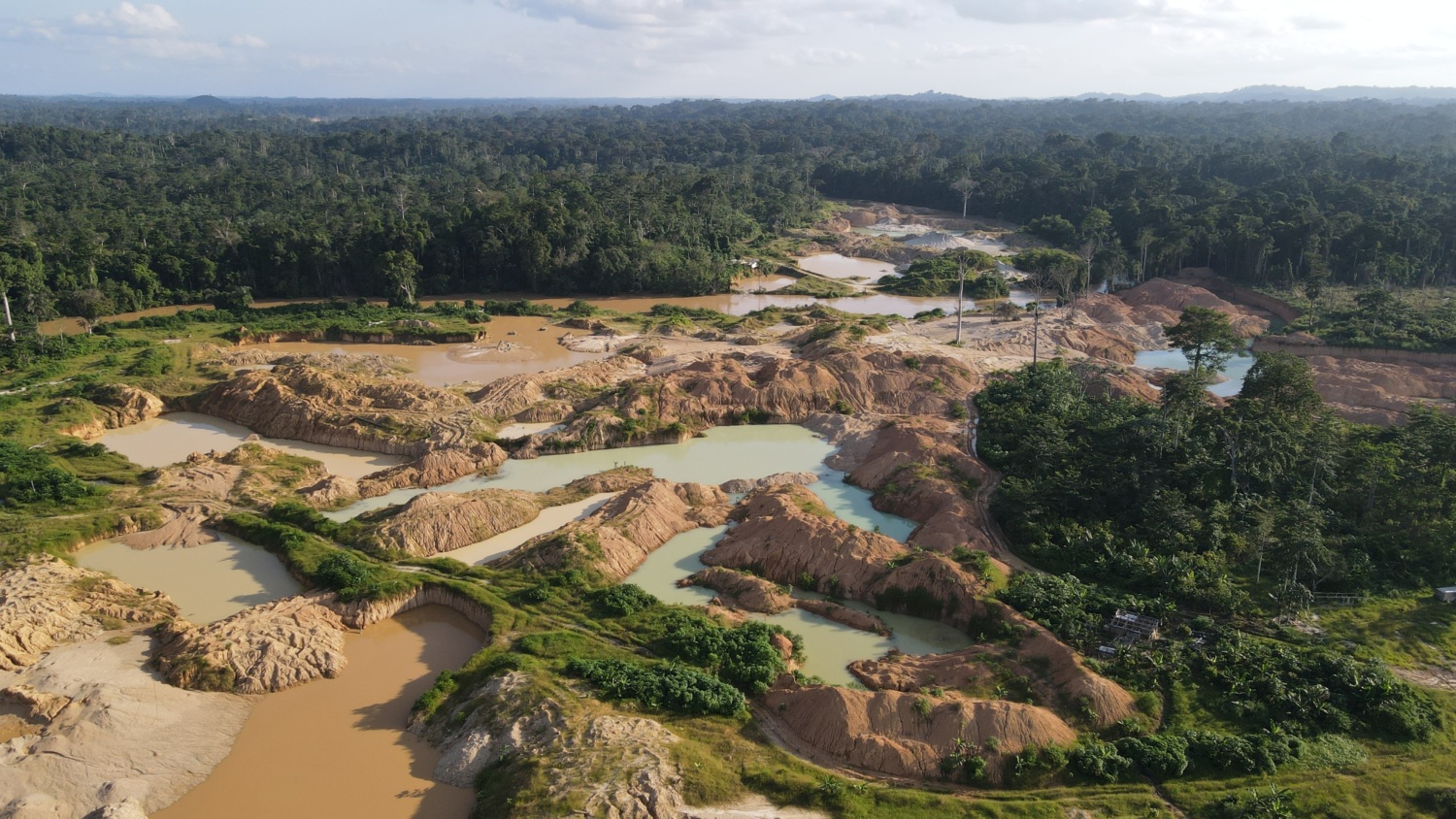
Evaluation of woody biomass investments and policies of major Japanese financial institutions
Japanese environmental NGOs conducted an evaluation of the wood investment and financing policies of 11 major Japanese financial institutions including insurance companies. This survey is timely as it comes just after the Ministry of Economy, Trade and Industry’s (METI) April revisions to the renewable energy feed-in tariff (FIT) subsidy program that will exclude new large-scale wood biomass from the FIT program starting in FY 2026. Companies and governments are reappraising wood biomass in light of concerns over emissions, harm to global forests, and high costs relative to other forms of renewable energy.
Below are translations of GEF Japan’s press release on their evaluation of woody biomass investments and financing policies. For the full evaluation, see their website here: https://www.gef.or.jp/news/info/250624biomasspolicy/
Japan’s Wood Biomass Challenges and Policies
Woody biomass power generation is considered “carbon-neutral renewable energy” by METI who issues regulation around the FIT system. Scientists and NGOs are critical of the promotion of woody biomass, as the wood pellet industry is the culprit of thousands of legal violations for pollution, in addition to being responsible for respiratory and other health issues of communities living near plants. Furthermore, the deforestation required to maintain a high level of wood pellet production is not sustainable, nor is the practice of cofiring wood pellets with coal.
In the spring of 2024, three megabanks added standards around woody biomass power generation to their sustainability policies. In December of 2024, the Sumitomo Mitsui Trust Group followed suit, and in April of this year, the Mitsubishi UFJ Financial Group revised its policy. Some major life insurance companies and non-life insurance companies have also been formulating policies. More information on developments in Japanese company biomass policies can be found here.
Evaluation Results
Six Japanese environmental NGOs evaluated the woody biomass investment and financing policies of 11 major Japanese financial institutions. Even with the emergence of higher standards for biomass sourcing, the policies only apply to new projects, and Japanese companies continue to fail to count CO2 from biomass burning towards Japan’s GHG emissions.
The Japanese government supports biomass power generation through a Feed-In Tariff (FIT). Despite the FIT incentive, financial institutions and companies recognize the risk of investing in bioenergy. NGOs will continue to push for better sourcing standards and push for compliance with existing policies.
Evaluation of Policy & Application
- Of the 11 companies, only Sumitomo Life Insurance, Tokio Marine, and SOMPO lack investment and financing policies for biomass power generation, and we urge them to put policies in place as soon as possible.
- Meiji Yasuda has a policy of not investing or financing the new construction or renewal of power plants fueled by palm oil (including palm kernel shells) and wood chips and wood pellets which is stronger than the policy of other companies that provide “conditional support.”
- SMBC made it a condition of their financing that any biomass fuel is not derived from primary forests, including unused materials or saw mill residues. SMBC and MUFJ have limited the application of their policies to new or expanded projects. It is assumed that the policies of other companies are similar, but in practice there have not been any new FIT certification of large-scale biomass power plants after 2022 [3]. It is necessary to increase the effectiveness of the policy by extending it to existing power generation projects, such as by requiring adherence when renewing the fuel procurement contract.
- Nippon Life Insurance has established strict GHG standards that are consistent with meeting their net zero target by in 2050 However, since it is a guideline partners, rather than a sector policy, it is important to note that they may still finance or invest in biomass projects that do not meet the GHG standard.
Evaluation of environmental and social risks of fuel production areas
- SMBC made it a condition of their financing that any biomass fuel is not derived from primary forests, including unused materials or saw mill residues. SMTB and MUFJ are aware of the risks of deforestation. However, natural forests and secondary forests in Southeast Asia contain many biodiverse forests with high carbon stock and biodiversity that may be out of scope of what company’s policies consider to be “primary forest.” In future policy revisions, fuel from natural forests and secondary forests, and fuel from planting lands created by converting natural forests should also be excluded.
- Four banks and Dai-ichi Life Insurance have described “adverse effects on local communities and human rights violations” in fuel production areas. Only SMBC has clearly made the lack of adverse impacts to communities a condition of their support.
- The current FIT system’s guidelines on woody biomass power generation do not require disclosure of traceability to fuel processing plants. Normally, wood is supplied from a 100 km radius around a pellet plant. If the traceability information is disclosed, regulatory violations and any negative effects on local communities and surrounding forests can be more easily addressed. In order to make the policies effective, it is necessary for power generation companies and traders to disclose traceability down to the pellet plant and conduct a risk assessment.


